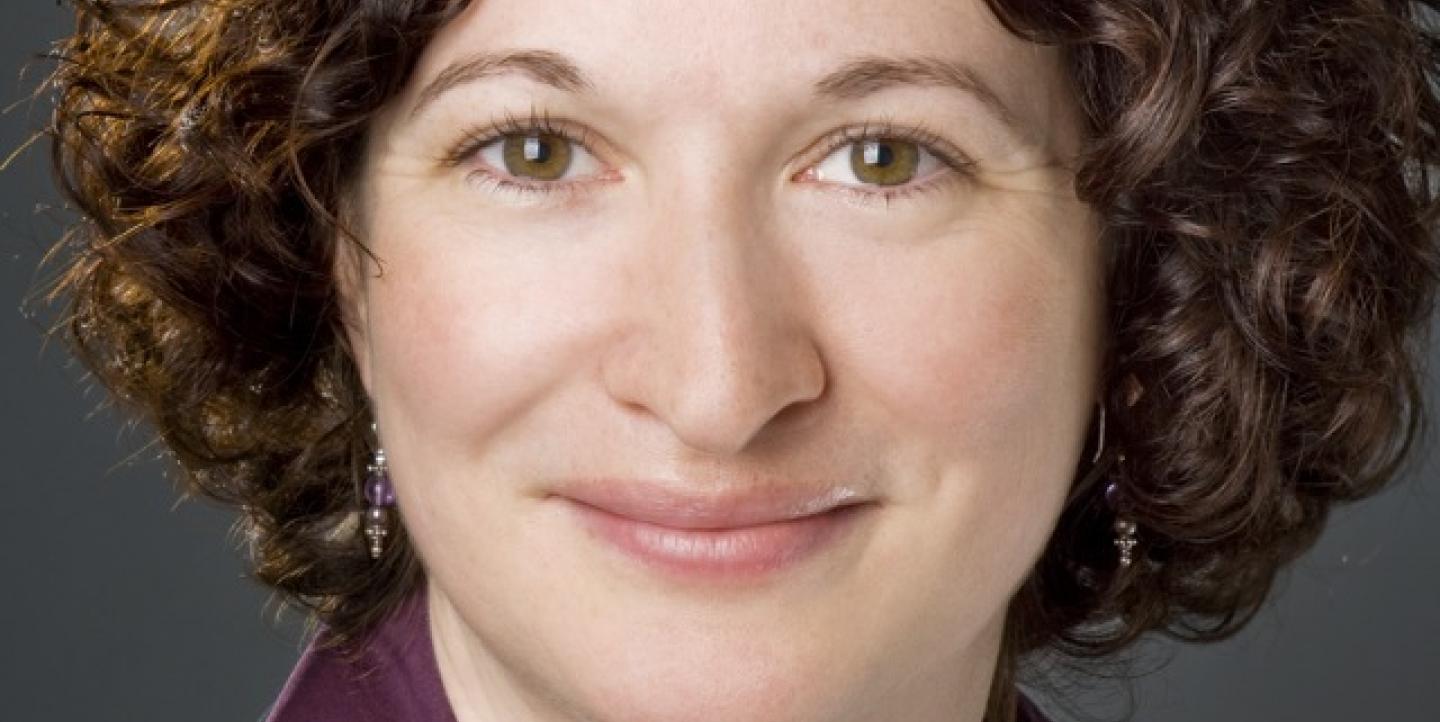The smallest proportion of the world's population in more than a decade - just one in six - had access to a free press in 2010, according to an annual report from Freedom House.
There was some positive news: The number of countries where the press was rated free, partly free and not free, remained nearly the same as in the previous year, a sign that a decade-long deterioration in press freedom may be stabilizing. But because of declines in press freedom in several populous countries - including Mexico, Thailand and parts of the Middle East - the overall number of people without access to a free press increased.
"Freedom of the press is at its lowest point in over a decade," said David Kramer, executive director of Freedom House, at a press conference held at the Newseum in Washington during the annual celebration of World Press Freedom Day.
Overall, of the 196 countries rated by Freedom House, 68 were rated as having a free press, 65 were rated as having a partly free press, and 63 were rated not free.
The world's 10 worst offenders, according to the report, made up a familiar list: Belarus, Burma, Cuba, Equatorial Guinea, Eritrea, Iran, Libya, North Korea, Turkmenistan and Uzbekistan.
Five countries went in a negative direction in 2010, led by Mexico and Honduras in the Americas, both of which Freedom House now labels as not free. In Mexico, intimidation and killings by drug cartels was the leading reason for the change.
The other three countries to slide in 2010 were Egypt, South Korea and Thailand.
The report's authors said restrictive regulations, violence and overt control of social media were particularly to blame for many of the negative changes.
The negative status changes were partly offset by improvements in Guinea, Liberia, Moldova and Niger. Smaller improvements took place in Colombia, Georgia and Kyrgyzstan.
The report's authors also said they hoped the protest movements in Egypt, Tunisia and other parts of the Middle East would lead to more improvements in 2011.
"We hope that these positive changes in early 2011 will lead to more positive changes later," said Karin Deutsch Karlekar, the report's lead author.
The United Nations Education, Scientific, and Cultural Organization (UNESCO) organizes World Press Freedom Day commemorations to celebrate the fundamental principles of press freedom; to evaluate press freedom; to defend the media from attacks on their independence and to pay tribute to journalists who have lost their lives in the line of duty. For complete information on the 2011 World Press Freedom Day global conference in Washington DC, see www.wpfd2011.org (in English).

